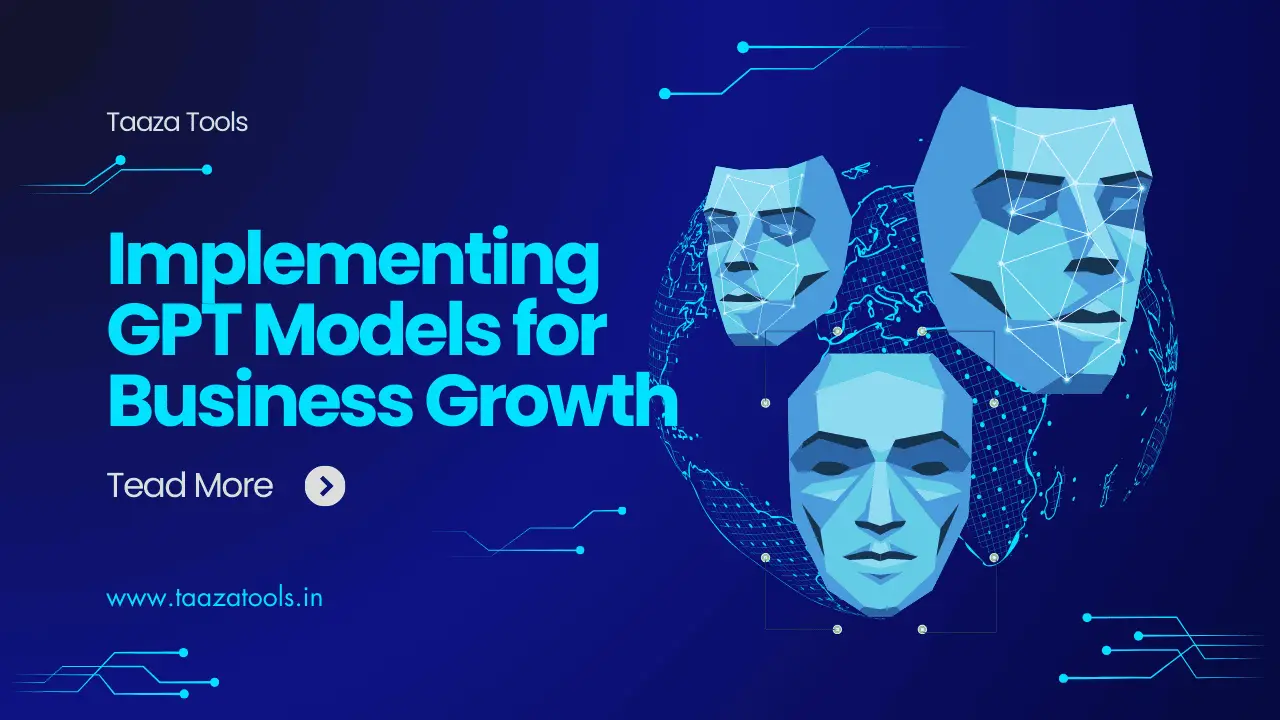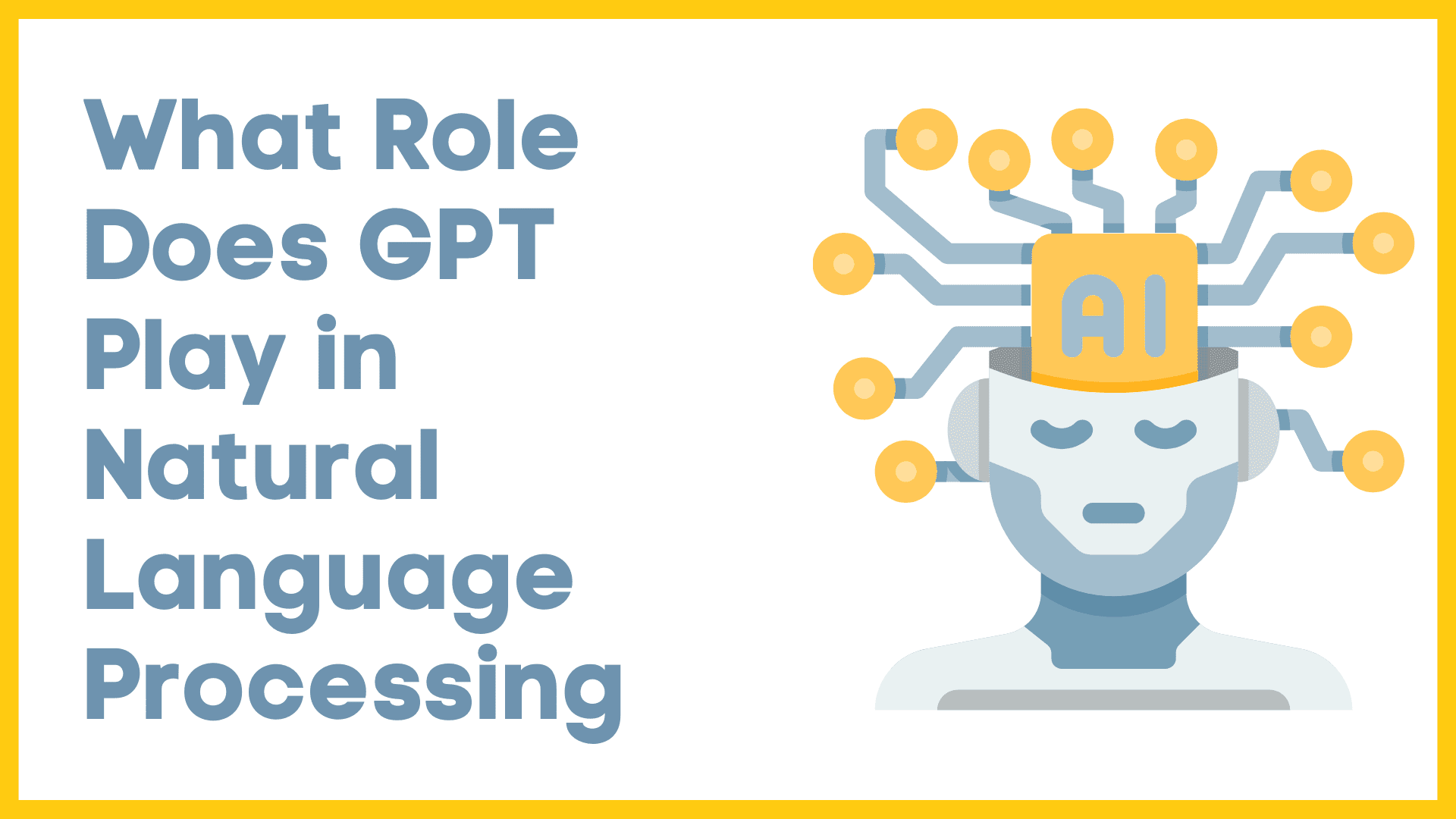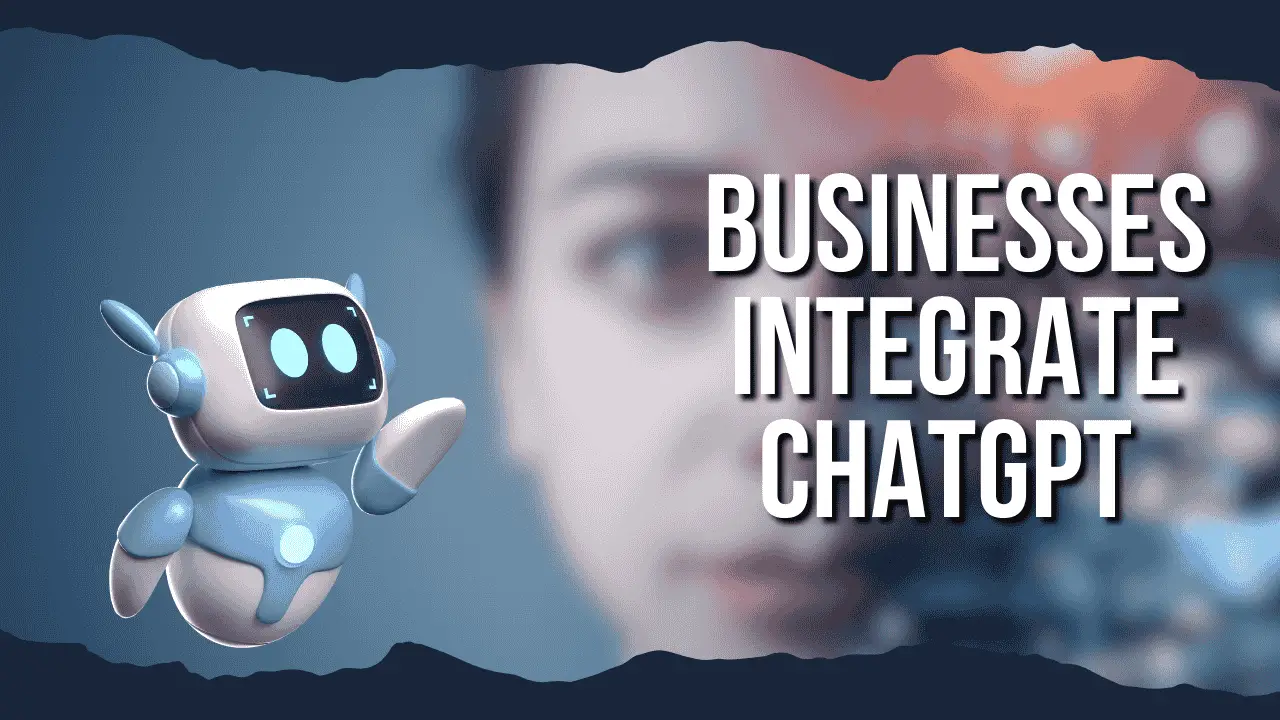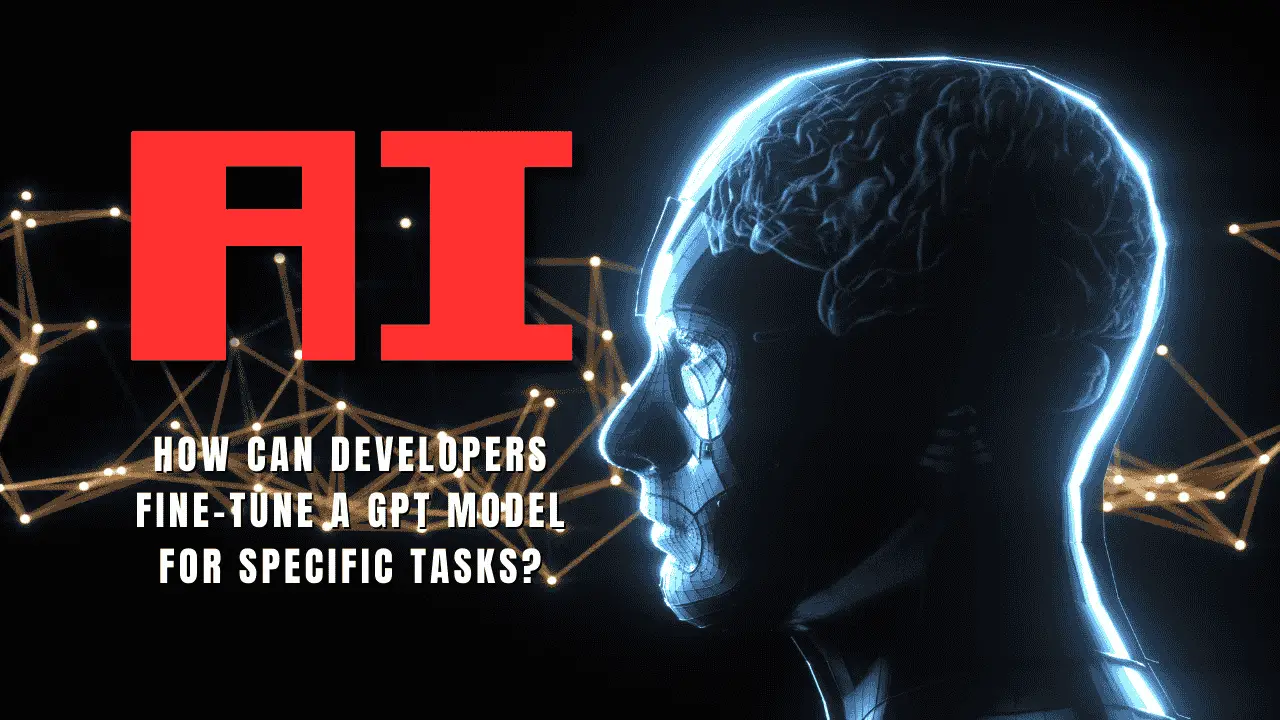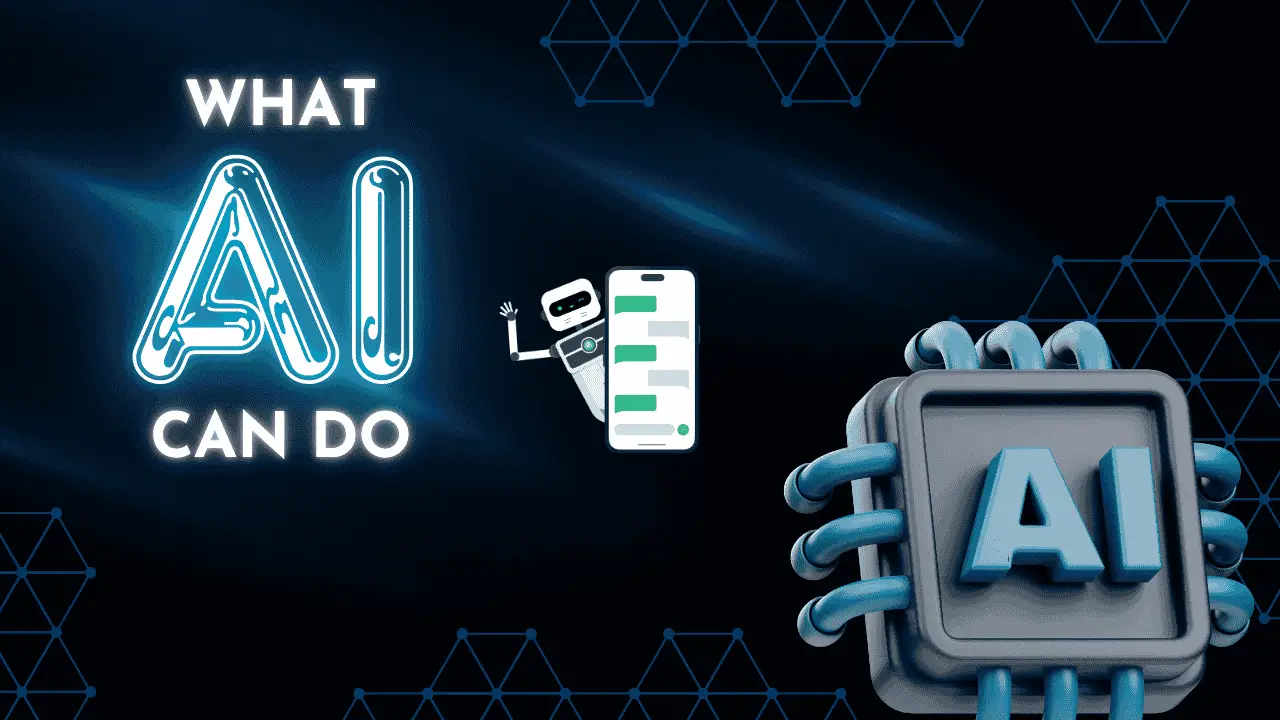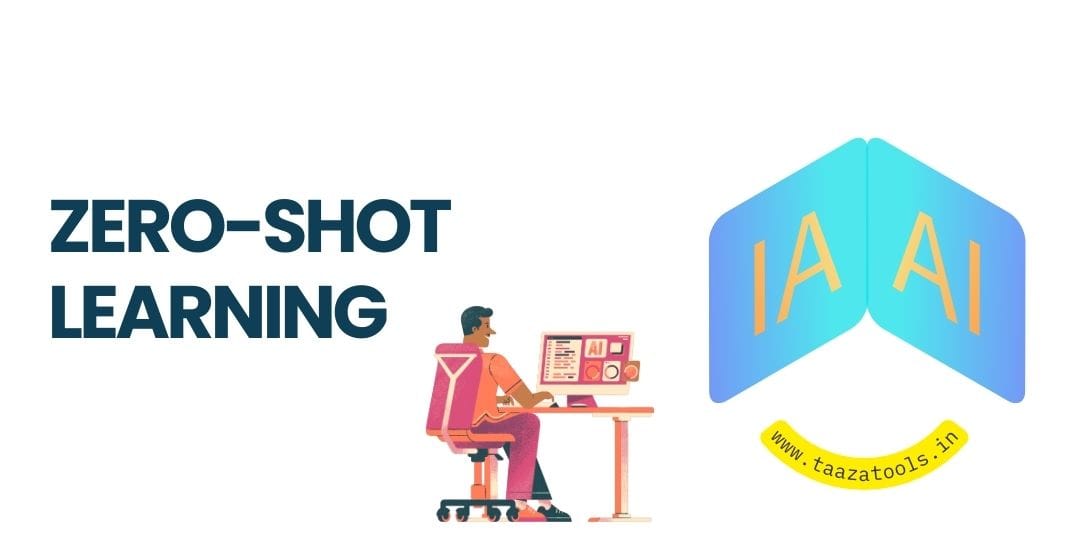In recent years, GPT models have gained a lot of traction in the business world. These advanced AI systems, developed by OpenAI, are capable of processing and generating human-like text based on the input they receive. They can perform a range of tasks, from customer service automation to content generation, making them valuable assets for companies across various industries. But what exactly are the benefits of using GPT models for businesses, and how can they enhance operations? Let’s dive into the key advantages they offer.
1. Increased Efficiency and Productivity
One of the most immediate benefits of adopting GPT models in a business environment is the potential to boost productivity. These models are able to handle a wide range of repetitive and time-consuming tasks that would otherwise require human intervention. For example, in customer service, a GPT model can manage queries, provide answers, and even solve basic problems around the clock, reducing the workload on human employees.
By automating these tasks, companies can free up their teams to focus on more strategic and creative aspects of the business. This increase in efficiency can be seen across various departments, including marketing, sales, HR, and IT. Employees no longer need to spend hours sorting through emails, drafting documents, or responding to repetitive inquiries, as GPT models can easily handle these tasks at scale.
2. Cost Reduction
Cost savings is another major benefit that comes with integrating GPT models into a business. Automating tasks that typically require human labor allows businesses to operate more leanly. Instead of hiring large teams for customer support, content creation, or data analysis, businesses can implement GPT models to carry out many of these tasks at a fraction of the cost.
For instance, instead of employing a full-time copywriter to generate content for blogs, social media, or marketing emails, businesses can use GPT models to produce high-quality, relevant content on-demand. Similarly, companies can cut costs on 24/7 customer support by using AI-driven chatbots powered by GPT models to manage inquiries outside of regular business hours. This cost-effective approach helps companies stay competitive while maintaining the quality of their services.
3. Enhanced Personalization
In today’s competitive marketplace, providing a personalized customer experience is essential for building strong relationships and driving sales. GPT models can help businesses achieve this by tailoring interactions and communications to individual customers. By analyzing vast amounts of data, GPT models can create personalized responses, recommendations, and product suggestions based on each customer’s preferences and behaviors.
This level of customization can significantly improve customer satisfaction and retention. Whether it’s crafting personalized email campaigns or offering product recommendations in real-time through chatbots, GPT models enable businesses to deliver a more human-like and relevant experience to their audience. This can lead to increased loyalty, higher conversion rates, and ultimately, more sales.
4. Scalability and Adaptability
One of the greatest strengths of GPT models is their scalability. These models can easily be scaled to handle growing amounts of data or increased customer interactions without the need for extensive training or adjustment. As a business expands, its customer base and operational demands grow as well, and GPT models can adapt to these changes seamlessly.
Additionally, GPT models are versatile and can be applied to a wide range of business functions. Whether a company needs to automate customer support, analyze data, generate content, or translate text, these models can be fine-tuned to fit the specific needs of the business. Their ability to adapt and scale quickly makes them a valuable asset for businesses that want to remain agile and responsive in a fast-paced market.
Conclusion
The benefits of using GPT models for businesses are clear. From increased efficiency and cost reduction to enhanced personalization and scalability, these models are revolutionizing the way companies operate. As AI technology continues to evolve, GPT models will become an even more integral part of business strategies, helping organizations stay competitive and provide better service to their customers.
By integrating GPT models into various aspects of their operations, businesses can streamline processes, cut costs, and create more personalized experiences for their customers. Whether you’re a small startup or a large corporation, leveraging the power of GPT models can help take your business to the next level.

